I teach at a university. I try to teach students to think well. That means I teach about critical thinking skills, using evidence to support claims, and controlling for bias. (And I hope I don’t forget to exercise those skills myself.)
There are also many people at the university whose job is to teach students to think badly. These are mainly religious groups that regularly encourage reliance on unseen spiritual beings, emotional reasoning, and not challenging deeply-held beliefs.
Dallin H. Oaks is a Mormon apostle. He spoke to Harvard grads recently, and tried to encourage them to think badly. Let’s see how he did this.
1. Insulting secular Americans
Elder Oaks acknowledged that LDS doctrines and values are not widely understood by those not of the LDS faith, and said that his disappointment with that “is only slightly reduced” by research that shows “that on the subject of religion Americans in general are ‘deeply religious’ but ‘profoundly ignorant.'”
By ‘ignorant’, he apparently means ‘someone who has failed to study and/or agree with Mormon doctrine’.
If people are ignorant about religion, doesn’t that mean that churches haven’t done a good enough job teaching it? Sorry, Mr Oaks. Teaching religion is your job. Don’t expect universities to reaffirm your preconceptions.
2. Denouncing universities for not promoting superstition
Elder Oaks said the higher education system was partly to blame for prevailing ignorance about many aspects of Christianity and other religions.
“Many factors contribute to our people’s predominant shallowness on the subject of religion, but one of them is surely higher education’s general hostility or indifference to religion,” he said. “Despite most colleges’ and universities’ founding purpose to produce clergymen and to educate in the truths taught in their chapels, most have now abandoned their role of teaching religion.
I think univerties have pumped out quite enough clergymen, don’t you?
“With but few exceptions, colleges and universities have become value-free places where attitudes toward religion are neutral at best. Some faculty and administrators are powerful contributors to the forces that are driving religion to the margins of American society. Students and other religious people who believe in the living reality of God and moral absolutes are being marginalized.“
Universities aren’t positive enough about religion? That’s the best news I’ve heard all week. Universities should marginalise bronze-age mythologies as much as possible. Why should the people wearing the clown-shoes be taken seriously?
3. Elevating scripture and revelation as superior to empirical knowledge.
Elder Oaks said he chose “three clusters of truths to present as fundamental premises of the faith of Latter-day Saints.” Those clusters are:
- The nature of God, including the role of the three members of the Godhead, and the corollary truth that there are moral absolutes.
- The purpose of life.
- The three-fold sources of truth about man and the universe: science, the scriptures and continuing revelation, and how we can know them.
Notice how religion takes up two of the three top spots?
I understand Oaks wanting to spread the word about how great his religion is — a religion whose members view him as an incontestable authority, by the way. He’s supposed to promote his religion. It’s part of the business. But Oaks is barking up the wrong tree if he expects universities to accommodate religions when religions add nothing to the store of human knowledge. All they offer is big stories, and when you challenge the story-tellers to offer evidence, they take refuge in uncertainty, and teach poor reasoning as a protective device. And, it would seem, holler loudly about how educated people just don’t take them seriously.
Religion makes no contribution to these places of science that we call universities. But as Matthew Cobb and Jerry Coyne point out, science can contribute something to religious thought: atheism.




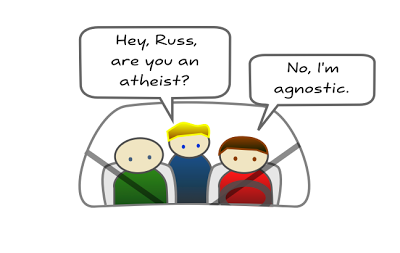

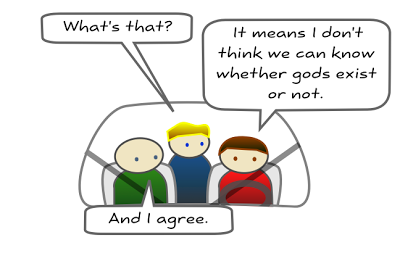
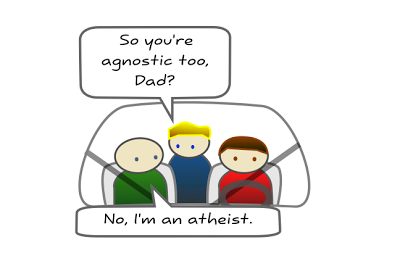
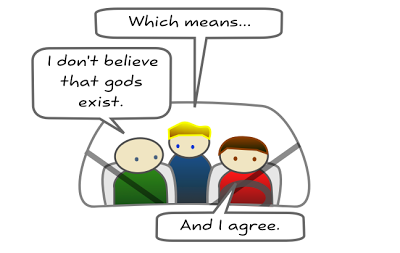
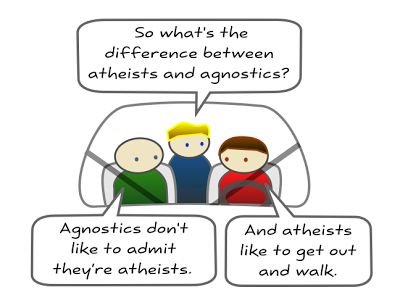
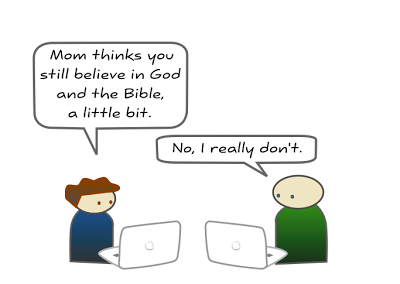

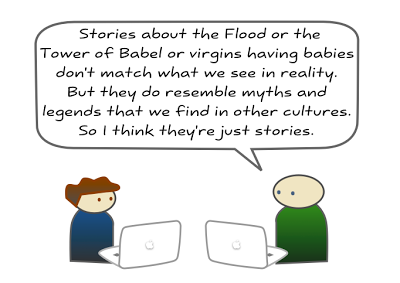
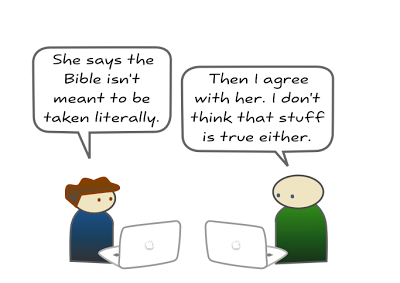
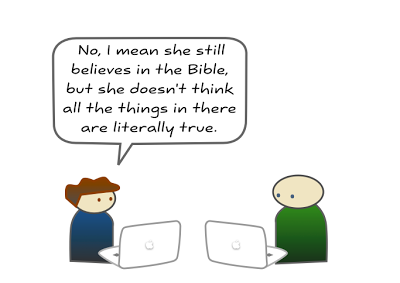
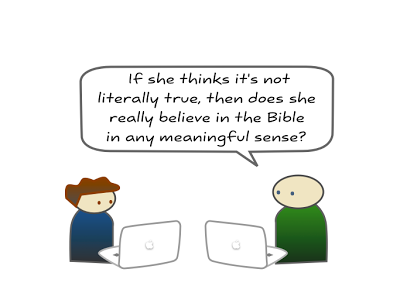

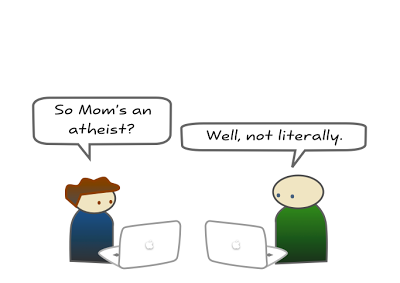
Recent Comments